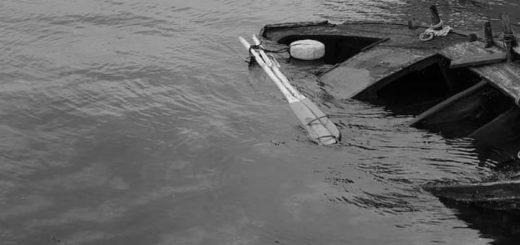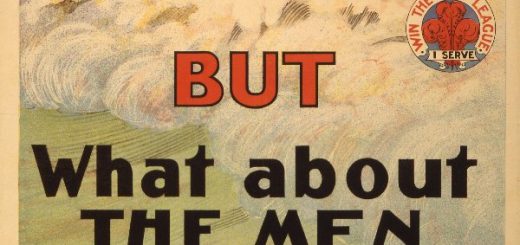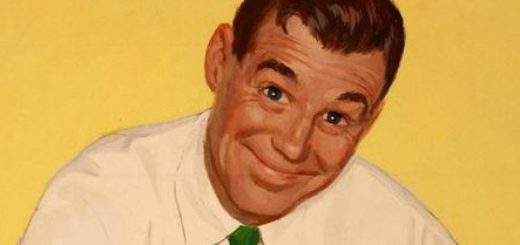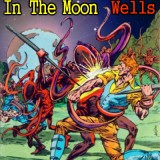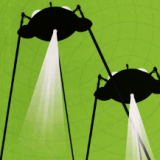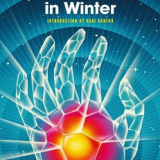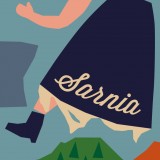That is a reactionary profession
‘Will you not drink some coffee?’
‘Yes,’ Hibson said, ‘I think I will.’ He went to the table and poured himself a cup. ‘Thank you for bringing it up. I suppose you will have a lot to do. I don’t want to keep you.’
The boy shrugged. ‘No. It is the holidays. I help here in the house, but much of the time I have little to do except think.’
‘I thought you Swiss boys generally went off into the mountains during your holidays?’
‘Sometimes I do so, but for me it is boring after a short time. There is the sun and the clear air, but there are no ideas, no thinking, up in the mountains. I like it better to stay in Geneva.’
Hibson drank the coffee; it was the quickest way, he decided, of getting the boy to leave. ‘What do you want to do,’ he asked him, ‘when you leave school?’
‘I will attend the University here.’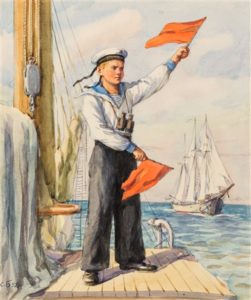
‘And after that? Do you have any plans for a career?’
‘Perhaps I shall be a philosopher.’
‘That’s a very creditable ambition.’
‘Or perhaps a journalist. I enjoy to write about and describe events. And I should like to see much of the world.’
‘What about a sailor?’ Hibson asked idly. ‘Since you have a passion for the sea.’
The boy shook his head. ‘That is a reactionary profession. One must always advance, do you not agree? It is the future that is important.’
